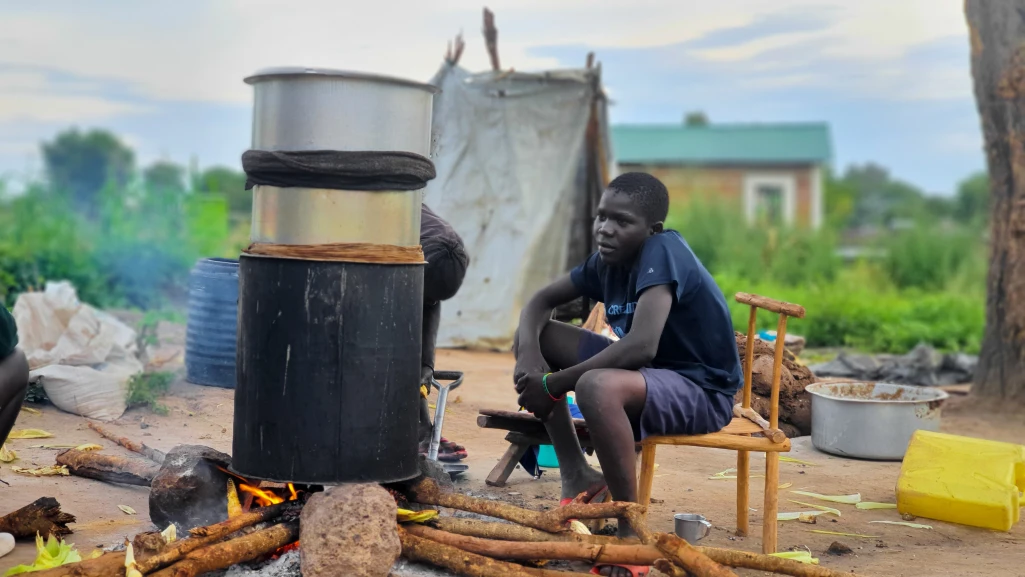
Authorities in Twic in Warrap State have illegalized production of local alcoholic beverage commonly known as ‘siko’ or araqi cross the county.
The acting commissioner says the drinks are easily accessed by young people because they are cheap and thus they abuse them. A 500ml bottle of araqi costs 500 Pounds there.
Mangok Kom argues that the ban, which also affects Star Gin sale, is an attempt to encourage residents, particularly the youth, to lead productive lives.
Anyone, according to the local order, found producing or selling any of the two drinks is liable to an imprisonment term of 30 days.
Kom told Mayardit FM that the order will be implemented by security personnel with the help of the community police in the six payams and 44 bomas of Twic.
However, some residents consider the ban as unfair, because some women have been counting on siko distillation as a means of looking after their children.
“He ordered police to stop alcohol sale while he has not provided anything to widows and the children of the martyrs. How will those people survive?” Asked a resident who requested anonymity.
According to the order, police will only crack down on production and sale, not consumption.
Meanwhile, Veronica (not real name) says she doesn’t see the reason why the authorities chose to punish them when consumers will stall be able to access the drinks.
“I cannot manage to stop selling it because I know even if I stop, other women will continue selling it and will earn enough money. If our commissioner issues an order to stop drinking it, we shall stop providing it,” she said.
‘Non-toxic items’
In response, Kom suggested other avenues for earning incomes in the county. He insisted that those affected by the ban should establish restaurants.
He said: “The people may have to start other businesses like opening restaurants. You will get people to buy your food instead of choosing alcoholic business which causes problems to the community. You can pay school fees of your children by selling non-toxic items.”